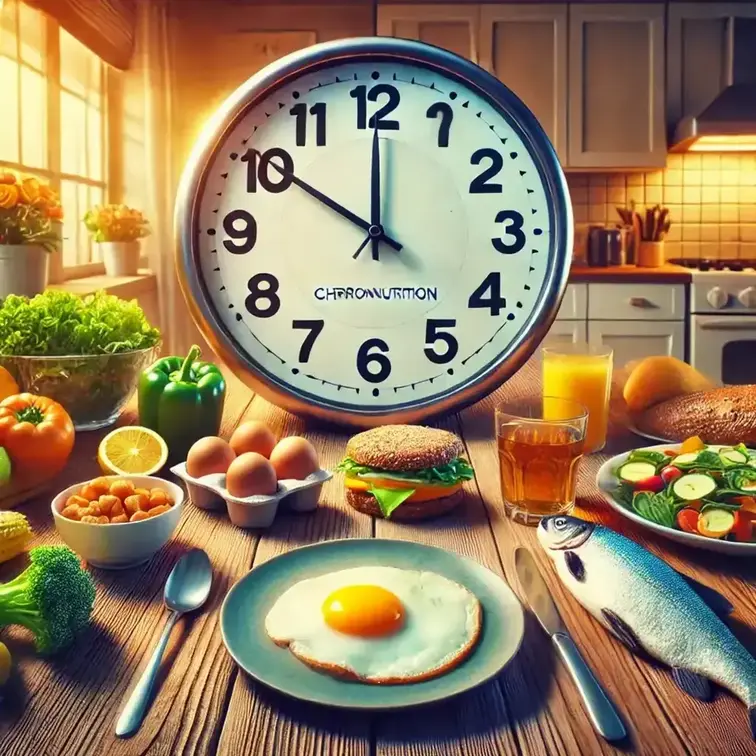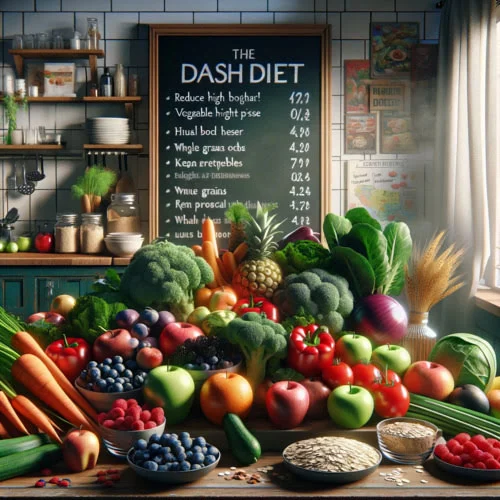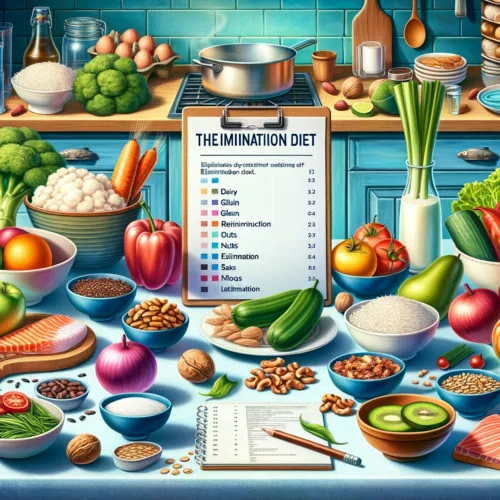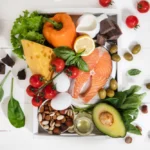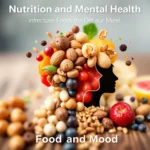Imagine your body as a complex machine operating on a specific schedule. At different times of the day, it is prepared for different tasks: in the morning, it’s ready for activity, and in the evening, it prepares for rest. The same principle applies to our digestive system. Have you ever noticed that a late dinner makes you feel heavy and uncomfortable, while a morning breakfast energizes you for the entire day? This isn’t a coincidence but the work of our internal biological clock. Chrononutrition is an approach that takes these natural rhythms into account and helps us eat in harmony with them. Let’s explore what it is and how it can help you maintain a healthy weight and overall well-being.
What is Chrononutrition?
Chrononutrition is not just another trendy diet. It’s a scientifically backed approach to eating that aligns with the natural biological rhythms of our bodies. Simply put, it’s a system where we eat certain foods at specific times of the day when our body can digest and absorb them most efficiently. Think of it like fueling a car exactly when it’s ready for a long trip – chrononutrition works the same way for our bodies.
Biological Rhythms: What Are They?
To better understand chrononutrition, we need to delve into the concept of biological rhythms. Also known as circadian rhythms, these are the natural cycles of activity in our body that repeat approximately every 24 hours. They act like internal clocks, regulating many processes within us. These rhythms influence our sleep, appetite, body temperature, and even the digestive system’s activity. For instance, in the morning, our body begins producing the hormone cortisol, which wakes us up and prepares us for activity. In the evening, melatonin production kicks in, helping us fall asleep. Similarly, the activity of our digestive system fluctuates throughout the day.
How Does Chrononutrition Work?
Chrononutrition is based on the idea that our bodies process and utilize food differently throughout the day. This is influenced by the activity of various hormones and enzymes, which fluctuate depending on the time of day. For example:
- Morning: Our pancreas is more active in producing insulin, which helps process carbohydrates. This is why the body handles carbs best in the morning, providing energy for the day.
- Midday: By lunchtime, insulin activity decreases, but the enzymes responsible for protein breakdown become more active. This makes lunchtime ideal for consuming proteins, which are essential for tissue growth and repair.
- Evening: As the day winds down, the overall activity of the digestive system slows, but it becomes better at processing fats, albeit in small amounts.
Considering these patterns, chrononutrition encourages eating specific foods at times when the body is best equipped to digest and utilize them. This approach not only optimizes digestion but also supports energy levels, weight management, and overall health.
The Key Principles of Chrononutrition
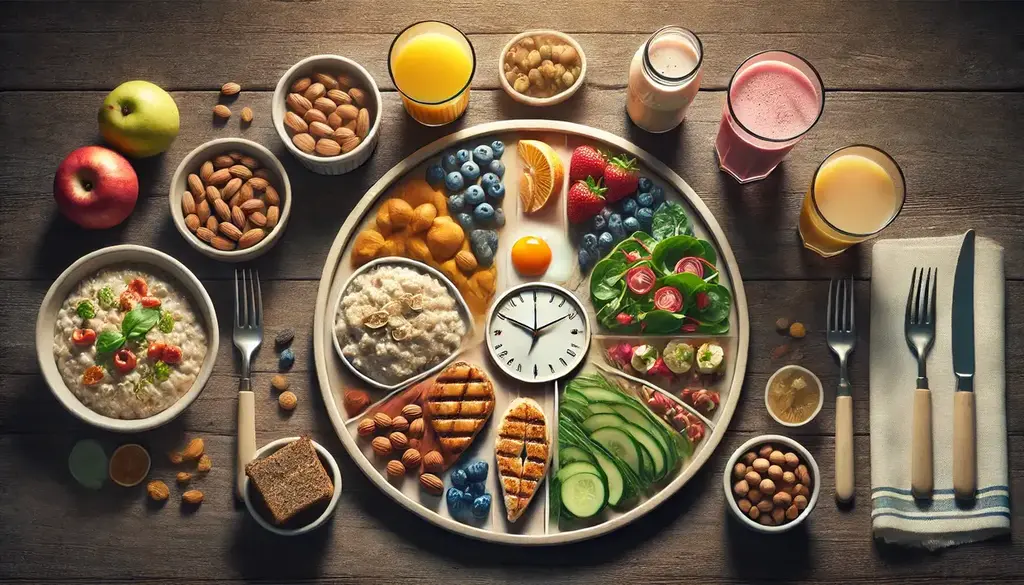
Now that we understand how chrononutrition works, let’s explore its main principles:
Breakfast – The King of Meals
In chrononutrition, breakfast plays a crucial role. It should be the most nutritious and calorie-dense meal of the day. The ideal time for breakfast is between 7 and 9 a.m. During this time, our body is most efficient at absorbing carbohydrates and is ready to receive energy. Therefore, breakfast should consist of foods rich in complex carbohydrates and proteins. Great options include oatmeal with fruits and nuts, scrambled eggs with whole-grain bread, or a smoothie with added protein. Such a breakfast not only energizes you for the whole day but also helps control your appetite until lunch.
Lunch – The Time for Proteins
According to the principles of chrononutrition, the optimal time for lunch is between 12 and 2 p.m. During this period, our body is most efficient at digesting proteins. Lunch should, therefore, include protein-rich foods combined with vegetables. A good lunch option is lean meat or fish with vegetables, chicken breast with salad, or a vegetarian alternative like lentils or beans with vegetables. Such a lunch provides your body with the necessary amino acids for tissue growth and repair, while also keeping you satisfied until dinner.
Dinner – Light and Early
In the chrononutrition system, dinner should be light and early. Ideally, you should eat dinner no later than 7–8 p.m. This is because, by evening, our digestive system’s activity slows down, making it harder to process heavy foods. The ideal dinner consists of a vegetable salad with a small amount of protein, such as chicken breast or tofu. A light soup or steamed fish with vegetables is also a great choice. Avoid fatty, fried foods and large portions for dinner, as they may disrupt sleep and lead to weight gain.
Benefits of Chrononutrition
Chrononutrition offers several health and wellness benefits:
- Improved metabolism: Eating according to biological rhythms helps the body process and absorb nutrients more effectively.
- Reduced risk of obesity and diabetes: Proper distribution of meals throughout the day helps regulate blood sugar levels and prevent insulin spikes.
- Better sleep quality: A light dinner and avoiding late-night snacks promote a more restful and deeper sleep.
- Increased energy levels during the day: A nutritious breakfast and balanced lunch ensure stable energy levels throughout the day.
- Enhanced digestion: Consuming specific foods when the body is best equipped to process them reduces stress on the digestive system and lowers the risk of discomfort or disorders.
How to Start Practicing Chrononutrition?
If you’ve decided to try chrononutrition, here are some tips to get started:
- Establish a regular eating routine: Try to eat at the same times every day. This will help your body adapt to a set rhythm.
- Make breakfast your biggest meal: Don’t skip it, even if you’re not hungry in the morning. Over time, your body will adjust and anticipate this meal.
- Avoid eating after 8 p.m.: If you feel hungry in the evening, opt for a glass of water or herbal tea.
- Listen to your body: If a particular routine doesn’t suit you, don’t hesitate to adjust it. Everyone is unique, so find what works best for you.
- Make gradual changes: Don’t try to change everything at once. Start with one meal, like breakfast, and move on to others as you get accustomed.
- Plan your meals ahead of time: This will help you stick to the principles of chrononutrition even on busy days.
Conclusion
Chrononutrition isn’t a strict diet; it’s more of a lifestyle that helps us eat in harmony with our biological rhythms. It doesn’t require eliminating any foods or counting calories but simply encourages eating specific foods at optimal times. This makes chrononutrition flexible and convenient for most people.
Remember that every body is unique, so it’s essential to listen to your body and consult a doctor or dietitian if needed. For some individuals, such as those working night shifts, a personalized approach to chrononutrition might be necessary.
Eating the right foods at the right time can be the key to better health and well-being. Try incorporating the principles of chrononutrition into your life gradually, and you’ll experience its benefits firsthand. Remember, health isn’t just about what we eat but also when we eat it!

